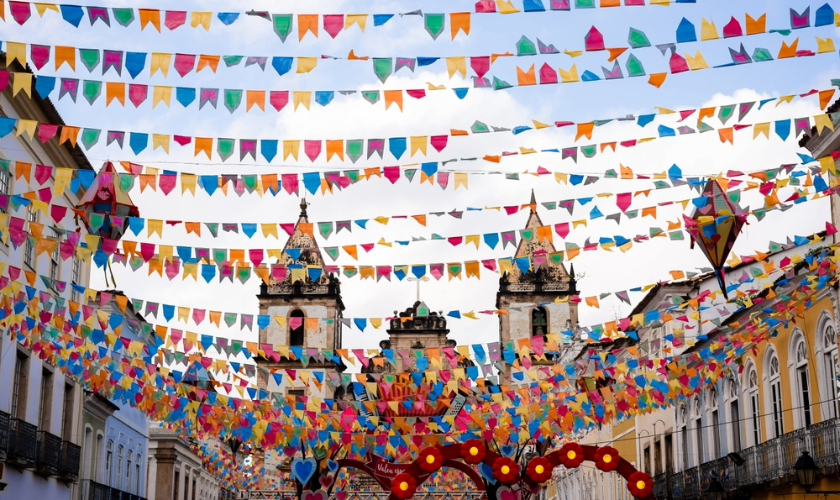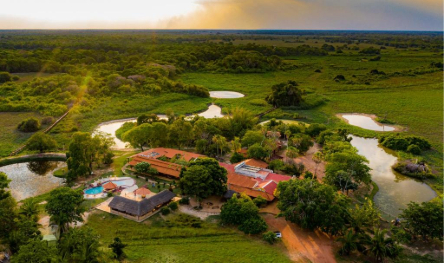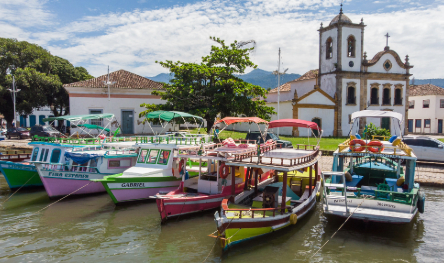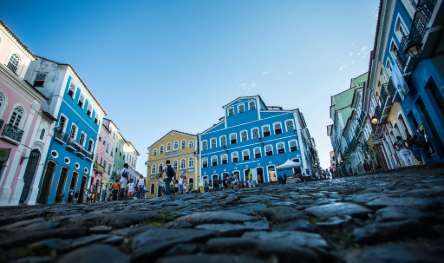1. Origins and Religious Significance: São João is celebrated in honor of St. John the Baptist, and it typically takes place around the time of the summer solstice, between June 23 and 24. The festival has strong ties to Catholic traditions, with bonfires often lit to commemorate the birth of St. John.
2. Folklore and Country Living: São João festivities are heavily influenced by rural and country living traditions. Many celebrations take place in small towns and villages, where locals decorate streets, squares, and houses with colorful flags, balloons, and lanterns.
3. Typical Foods: Traditional foods play a central role in São João celebrations. Dishes made with corn, such as canjica (hominy pudding), pamonha (corn tamale), and popcorn, are popular. Other delights include sweet treats like peanut and coconut candies.
4. Forró Music and Dance:
Forró, a lively genre of Brazilian music, takes center stage during São João. Festivals feature live Forró bands, and people dance to the energetic rhythms. The dance is characterized by close partner dancing and intricate footwork.
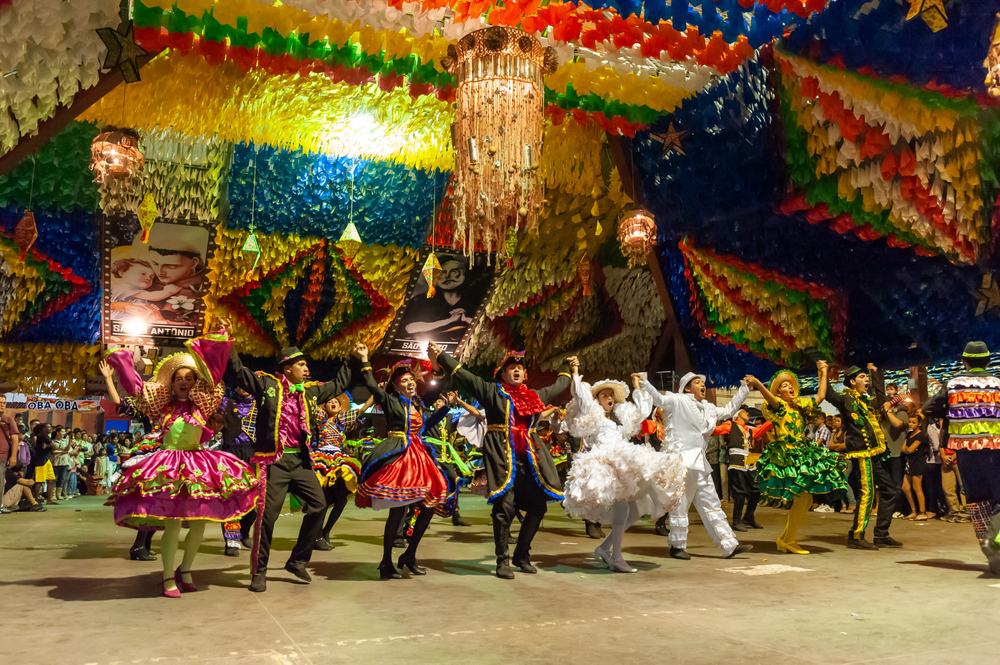
(Picture: Cacio Murilo / Sutterstock.com)
5. Quadrilha Dance: Quadrilha, a traditional Brazilian square dance, is a key element of São João celebrations. Dancers, often dressed in colorful attire, perform choreographed routines that tell a story. Quadrilha dances are both entertaining and a nod to Brazilian folk traditions.
6. Bonfires and Fireworks: Bonfires are a symbolic aspect of São João, representing the fires of St. John. Communities gather around these bonfires for warmth, storytelling, and socializing. Fireworks displays add a touch of spectacle to the festivities.
7. Street Fairs and Festivals: São João is marked by lively street fairs and festivals. These events feature games, live music, traditional crafts, and a joyful atmosphere. People of all ages come together to celebrate, creating a sense of community and shared cultural heritage.
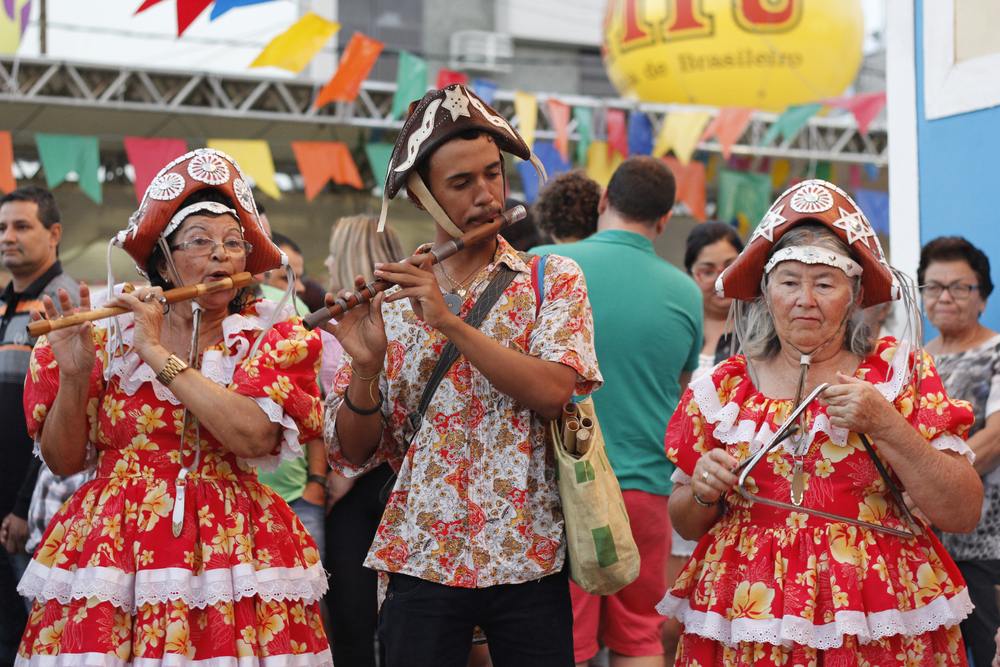
(Picture: Karla Vidal / Sutterstock.com)
8. Colorful Attire:
Participants often wear colorful and traditional clothing during São João festivities. This attire adds to the festive ambiance and reflects the cultural pride associated with the celebration.
9. Extended Celebrations: São João celebrations often extend beyond the actual feast day, with festivities continuing throughout the month of June and July. This allows communities to fully immerse themselves in the joyous spirit of the festival.
São João in Brazil is not only a religious celebration but also a vibrant cultural experience that brings communities together through music, dance, food, and shared traditions. The festival showcases the warmth and exuberance for which Brazilian culture is widely known.
Where to experience São João festivities:
To experience São João festivities in Brazil, particularly the vibrant and authentic celebrations, you should head to the Northeast region of the country. Here are some key destinations known for their lively São João celebrations:
1. Campina Grande, Paraíba: - Campina Grande hosts one of the largest and most famous São João festivals in Brazil. The city's month-long celebration, known as "O Maior São João do Mundo" (The Largest São João in the World), attracts visitors from across the country. The festivities include live music, traditional dance, street fairs, and spectacular fireworks.
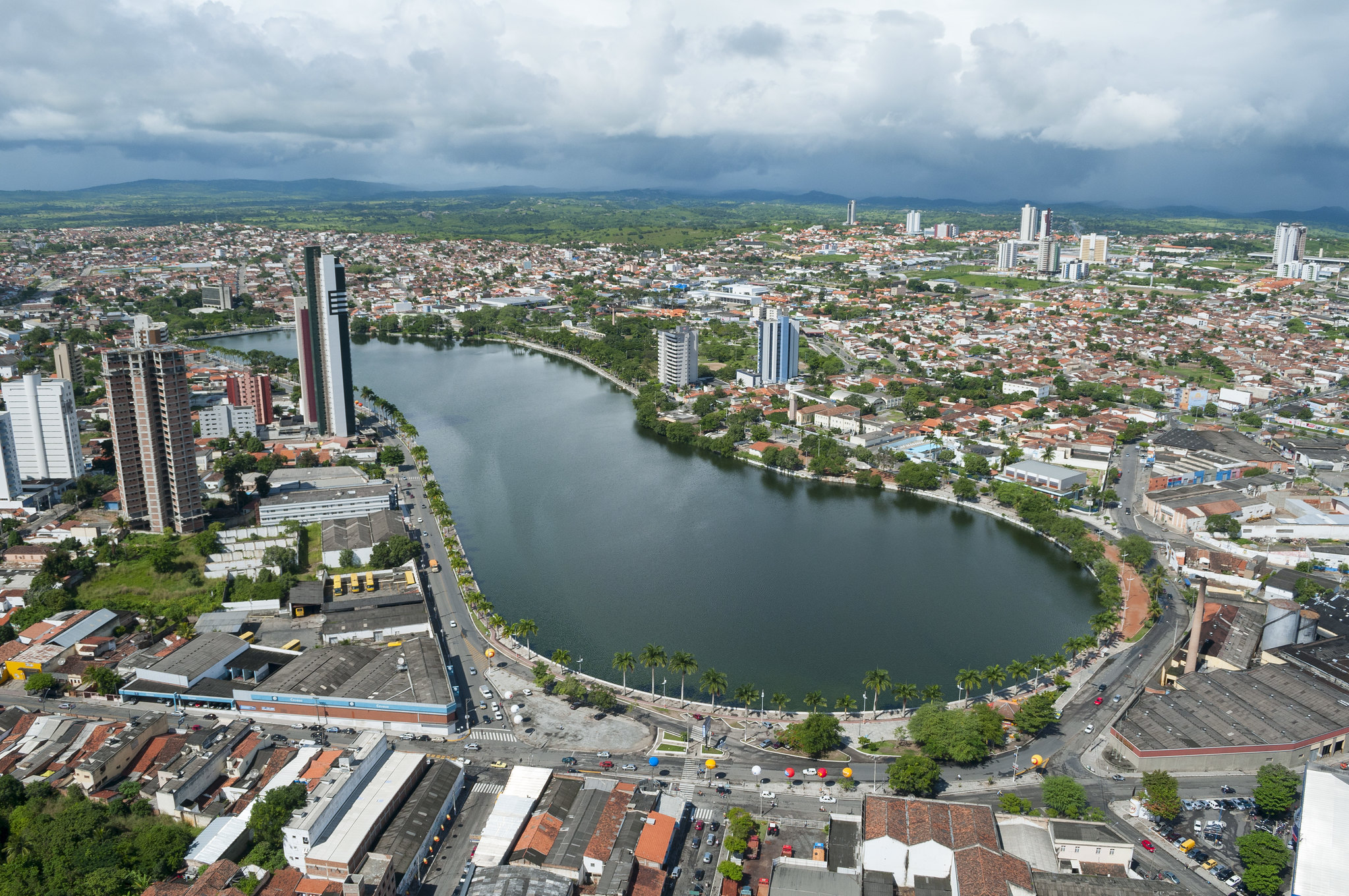
(Picture: Cacio Murilo / Sutterstock.com)
2. Caruaru, Pernambuco: - Caruaru is another Northeastern city that boasts a renowned São João celebration. The city's festivities are filled with colorful decorations, traditional music, and the lively Forró dance. Caruaru's São João is considered one of the most authentic and culturally rich in the region.
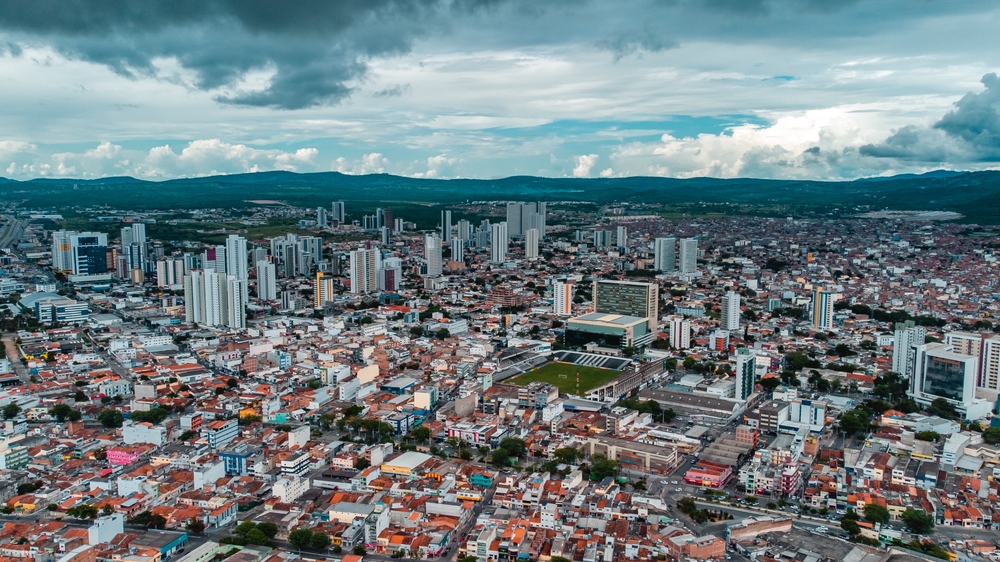
(Picture: Pedro Magrod / Sutterstock.com)
3. Salvador, Bahia: - While Salvador is more renowned for its Carnival celebrations, it also hosts lively São João festivities. The Pelourinho district comes alive with music, dance, and cultural performances during the month of June.
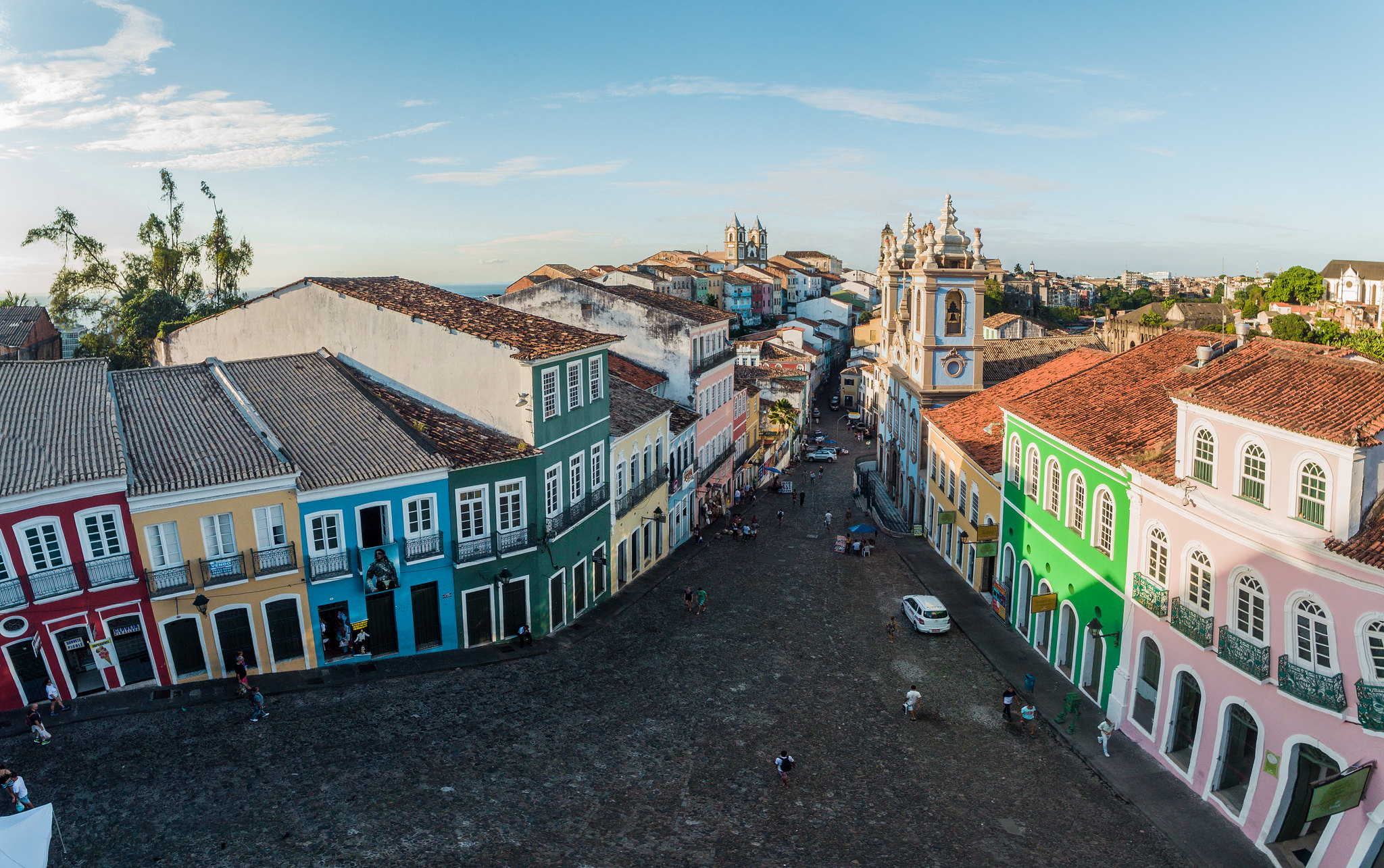
(Picture: Márcio Filho / MTur)
4. São Luís, Maranhão: - São Luís, the capital of Maranhão, offers a distinctive São João experience influenced by its rich Afro-Brazilian heritage. The celebrations include traditional Bumba Meu Boi performances, vibrant street parties, and cultural events that showcase the city's unique identity.
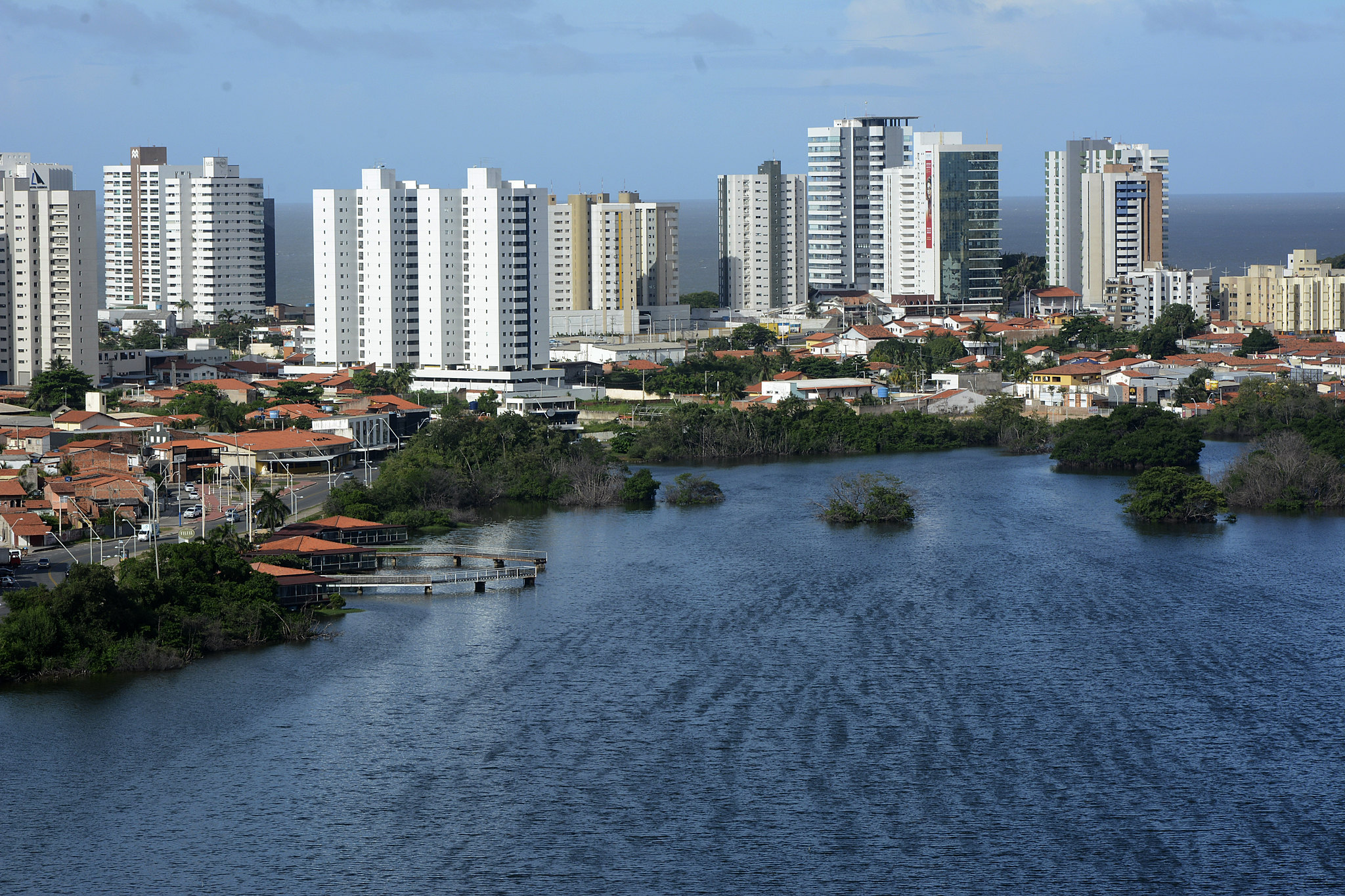
(Picture: Douglas Junior / MTur)
5. João Pessoa, Paraíba: - João Pessoa, the capital of Paraíba, offers a more relaxed São João celebration with traditional elements such as Forró music and dance. The city's cultural events and street parties provide an authentic experience for those seeking a more intimate celebration.
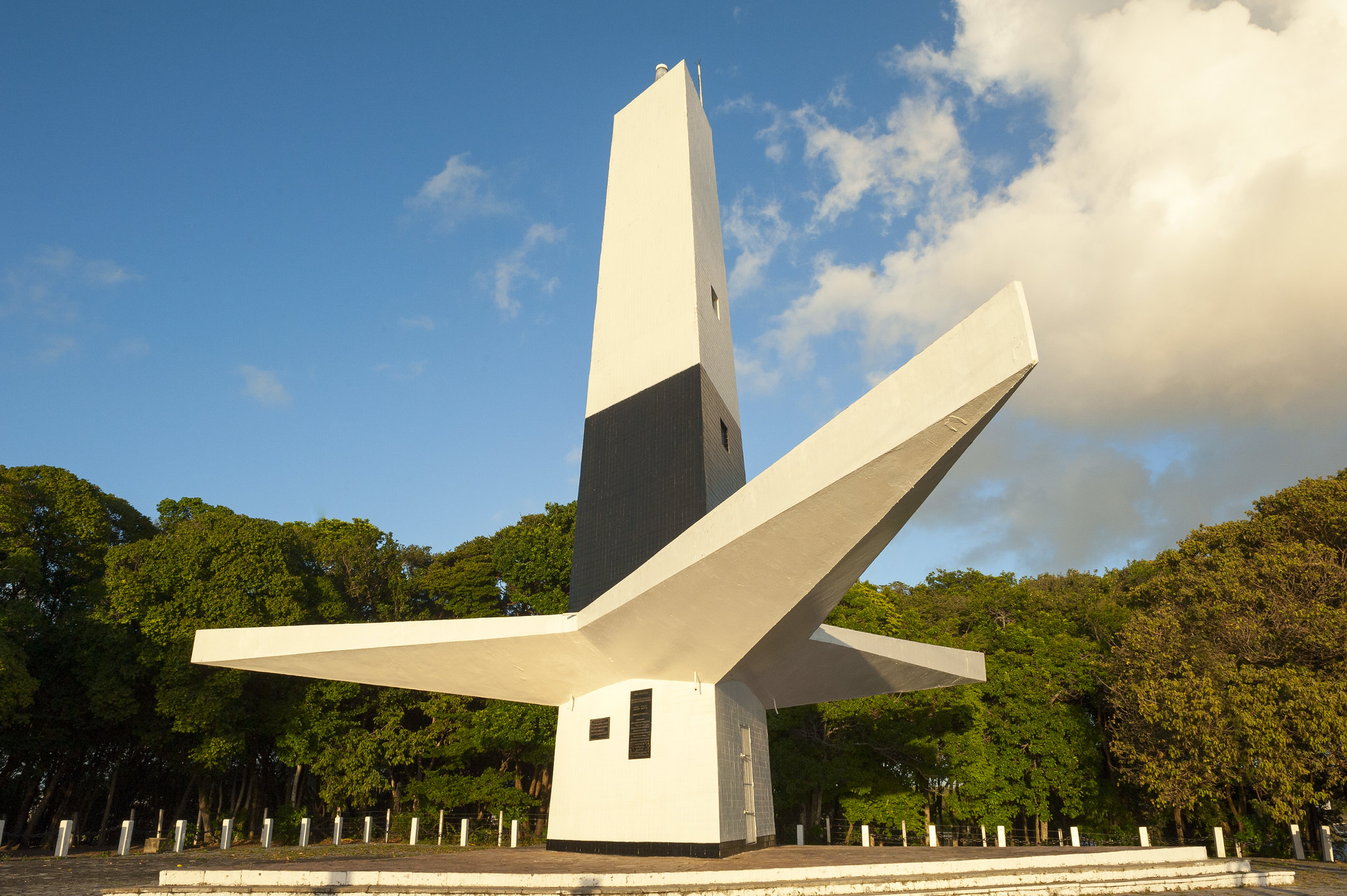
(Picture: Cacio Murilo / MTur)
6. Cities and Towns in the Interior: - Many smaller cities and towns throughout the Northeast region celebrate São João with great enthusiasm. These local celebrations often provide a more intimate and traditional experience, allowing visitors to immerse themselves in the genuine spirit of the festival.
When planning to experience São João in Brazil, consider visiting one of these destinations in the Northeast, where you can enjoy the authentic cultural expressions, festive traditions, and warm hospitality that characterize this joyous celebration.

